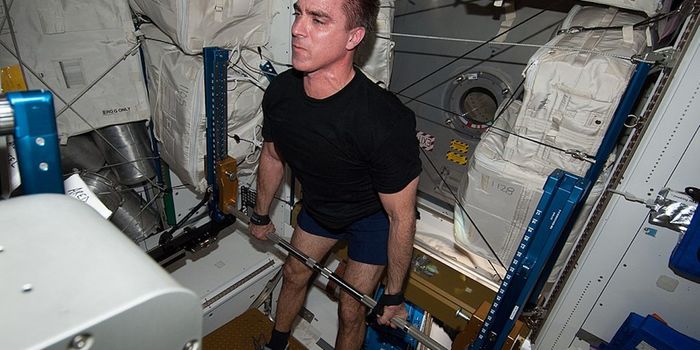Sudden Cardiac Death and Genetics in Athletes
Sudden cardiac death is defined as an unexpected death due to a cardiovascular cause, usually occurring within an hour of the onset of symptoms. A new study published in the European Journal of Preventative Cardiology has described recommendations regarding genetic testing for athletes to prevent sudden cardiac death and maximize safe exercise.
Cardiologists who work with athletes commonly use genetic testing to evaluate the risk of heart issues. Interestingly, intense exercise can cause structural and electrical changes in the heart that appear similar to inherited cardiac conditions. Genetic testing and recent advances in technology can provide important information for health professionals who work with athletes when they have suspected inherited cardiac conditions.
Before genetic testing, athletes should be counseled on the potential impact the genetic tests may have on their careers. Some inherited conditions, such as arrhythmogenic cardiomyopathy, may require athletes to immediately stop participating in high-intensity exercise even in they have no symptoms, which could effectively end their athletic careers.
Surprisingly, as many as 80% of athletes who experience sudden cardiac death have no symptoms or family history of heart disease. Genetic testing, especially given recent technological advances, is an important step in diagnosis, risk assessment, and management of heart conditions in athletes.
While sudden cardiac death is relatively rare, it is the most common medical cause of death in athletes. Given its relatively high prevalence and its traumatic impact on communities, screening for and preventing sudden cardiac death is an important topic in the medical community. In younger athletes, sudden cardiac death is primarily caused by genetic conditions and birth defects, and proper genetic screening is an important tool for preventing tragedy.
Sources: Circulation, European Journal of Preventative Cardiology, Science Daily, PubMed








